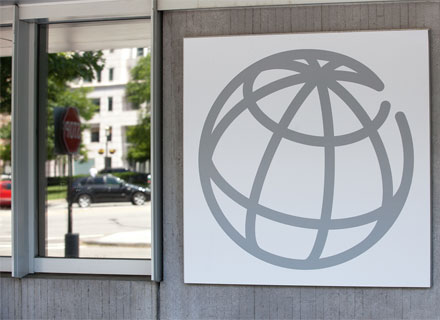Gulf Cooperation Council (GCC) economies are expected to have an aggregate growth rate of 2.6 percent in 2021 and the growth trend is expected to continue till 2022, according to a report published by the World Bank. The report titled, ‘Seizing the Opportunity for a Sustainable Recovery’, pointed out that the rebound primarily happened because of stronger oil prices and the growth of non-oil sectors. The six members of GCC is composed of the United Arab Emirates, Saudi Arabia, Qatar, Oman, Kuwait, and Bahrain.
The strong recovery will also trickle down to next year primarily because OPEC+ mandated oil production and higher oil prices improve business sentiment and attract additional investment. These favourable market conditions have successfully managed to decrease fiscal and external imbalances and have also helped export earnings to recover. However, World Bank has also mentioned that when it comes to the outlook in the medium term, some of the risks like slower global recovery, renewed Covid-19 outbreak and oil sector volatility still remains.
Issam Abousleiman, World Bank Regional Director for the GCC, told the media, “With high population growth and limited options in the private sector, the wage bill has become unsustainable in some GCC countries, as it is a large part of government spending and of the economy overall. Given their improved fiscal situation, this is an opportune time for GCC governments to accelerate their reforms agenda and reach the goals they set for themselves.”
The average GCC wage bill has managed to surpass the Organization for Economic Co-operation and Development’s (OCED) average in the last twenty years, except in Qatar and the UAE, the report mentioned. The civil service allowances in Saudi Arabia rose to SR148 billion in 2019 from SR44 billion in 2016, thereby forming more than a third of the Kingdom’s total wage bill.

